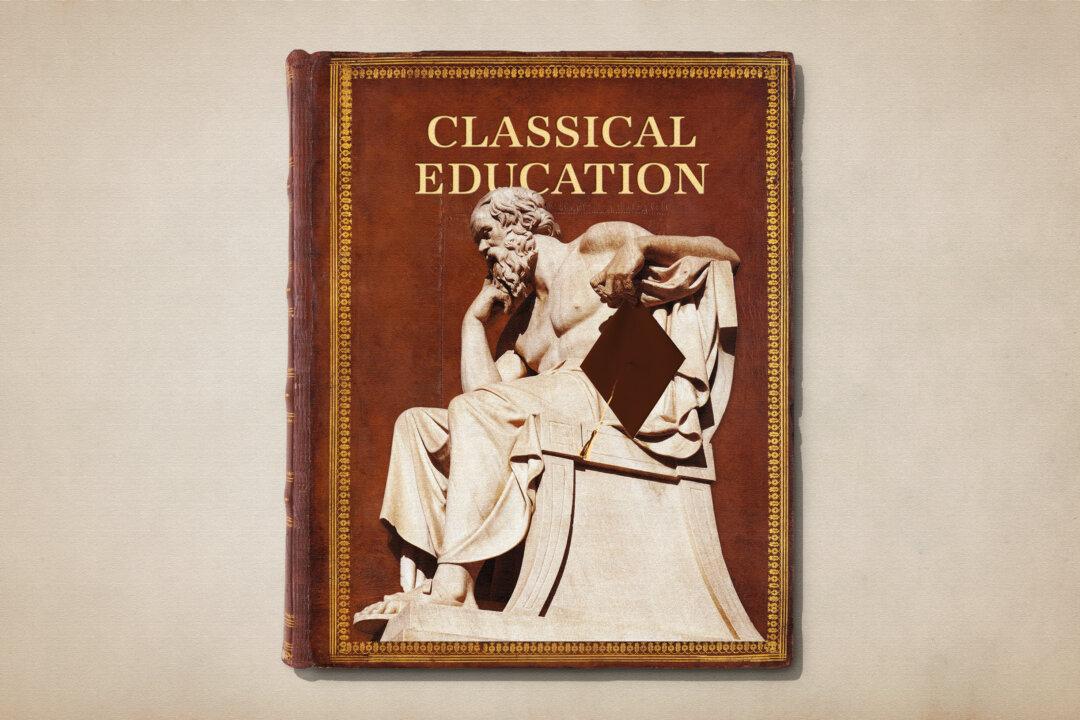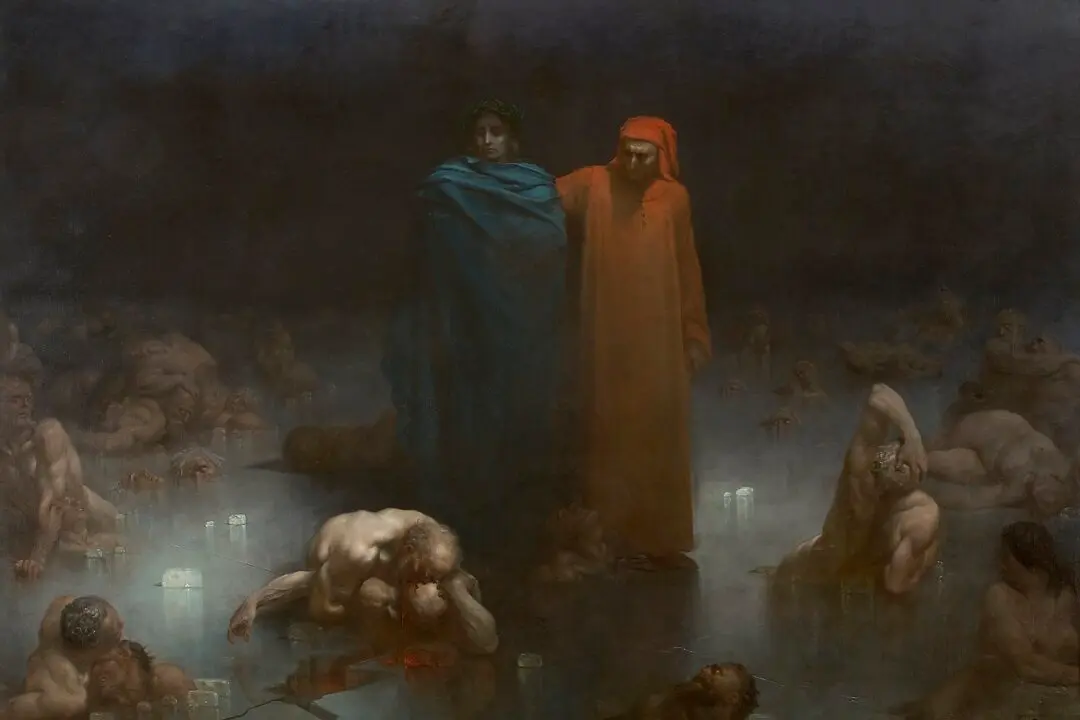Commentary
When I was teaching in the university in the 1990s, I always had two or three kids in a class of 30 who didn’t fit the high-achiever, go-getter mold. My institution was a selective one that sent a lot of undergraduates to law, medical, and business schools—but not these students. They didn’t seem to worry very much about grades. They didn’t come to my office before a paper was due to ask me “what I was looking for,” nor did they come to me afterwards to question why they received a B- on the final version.





